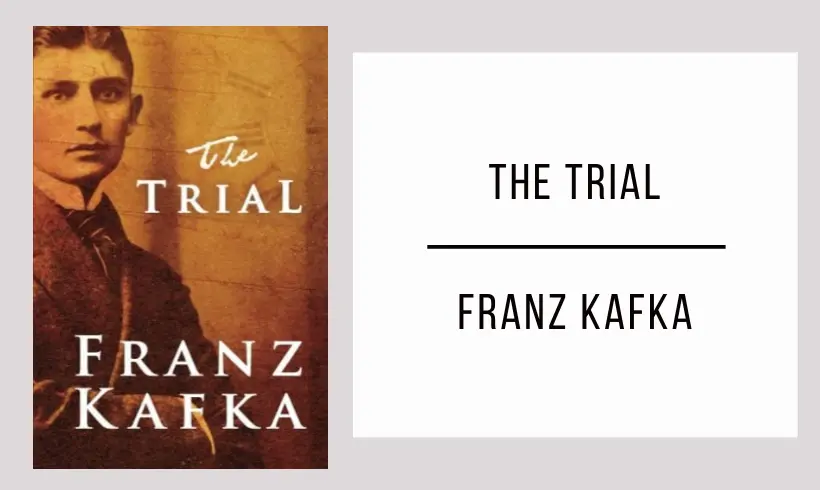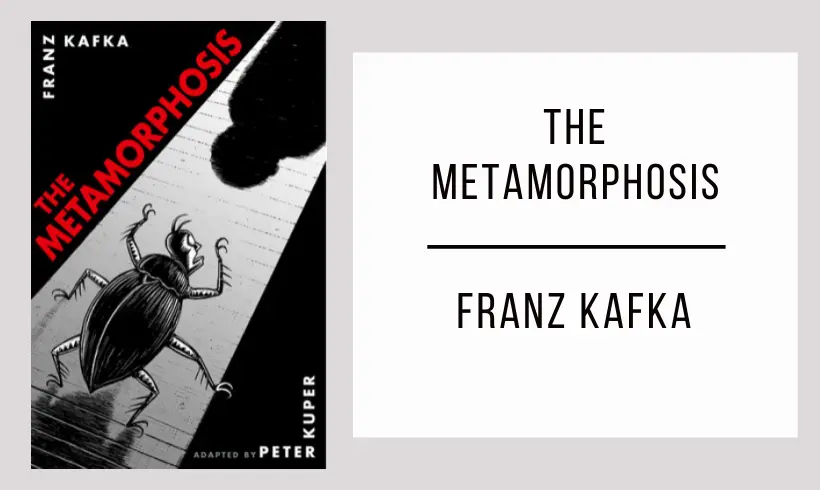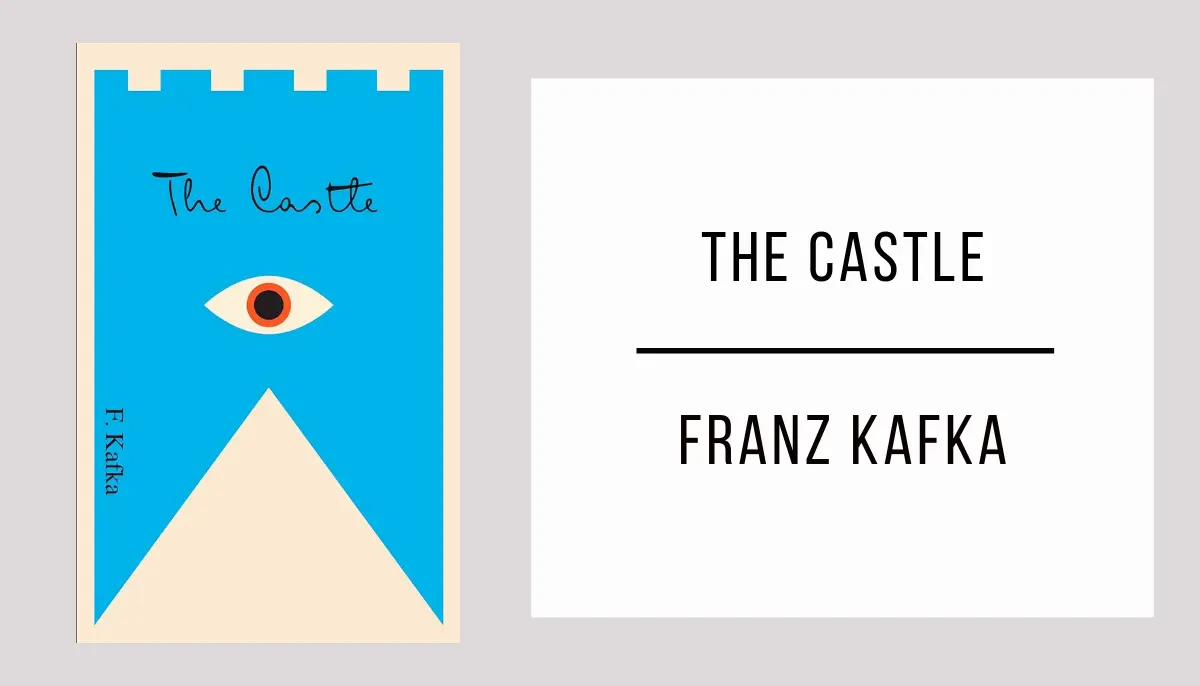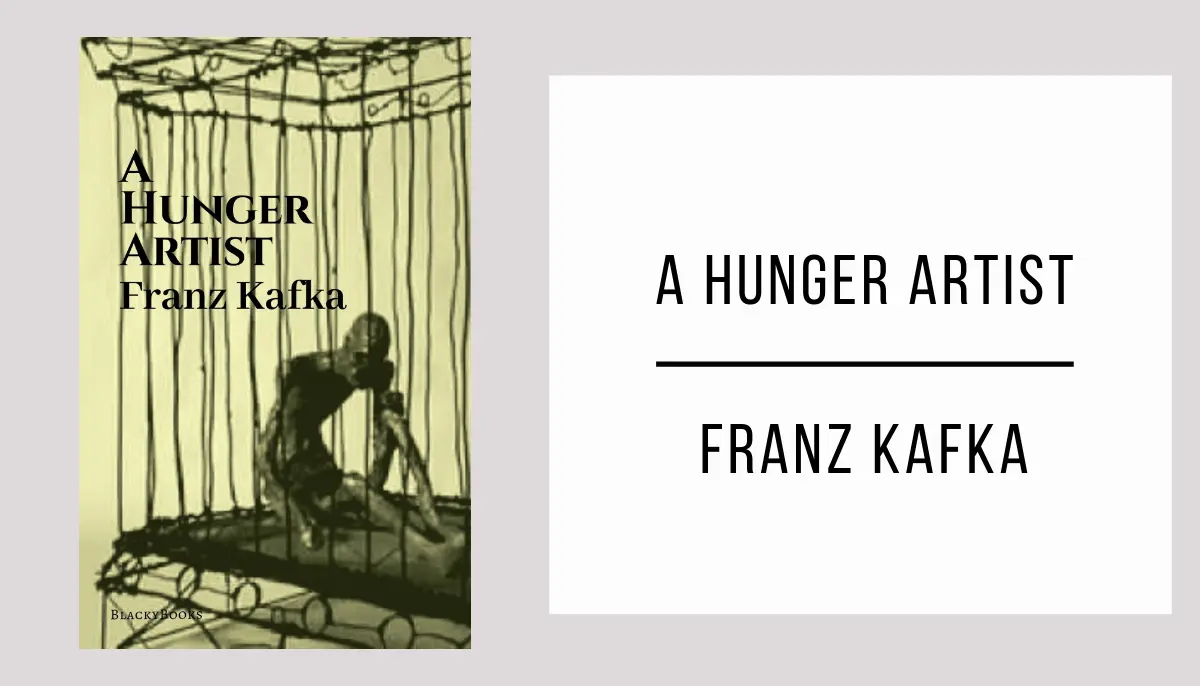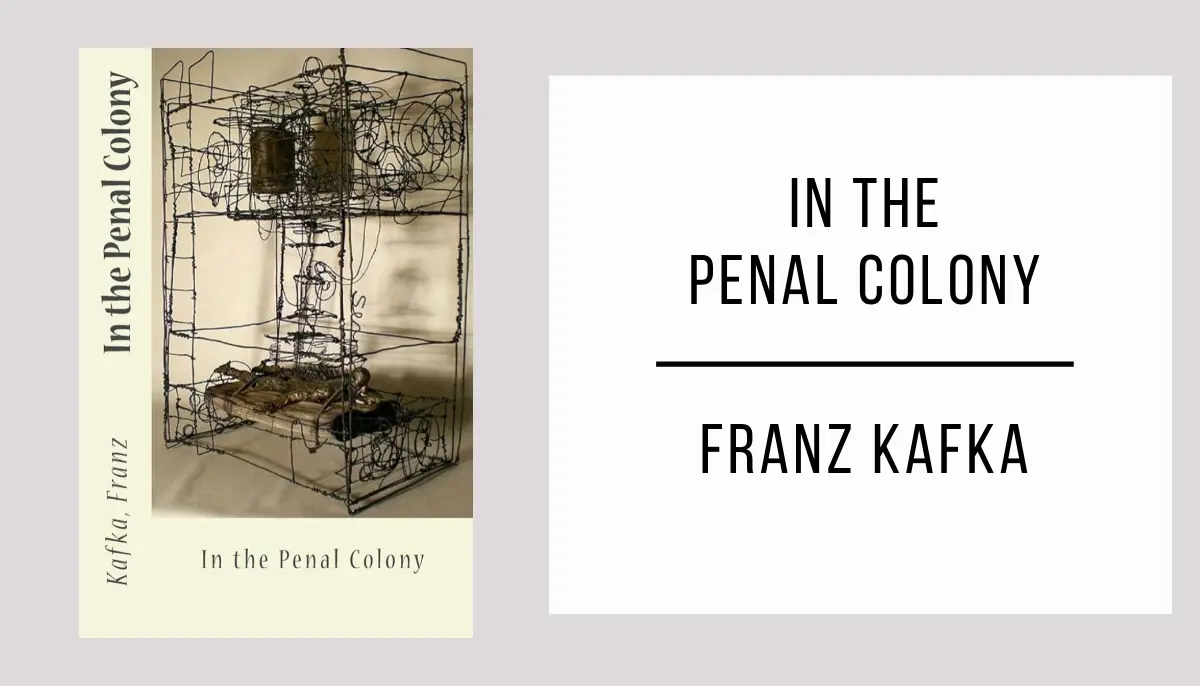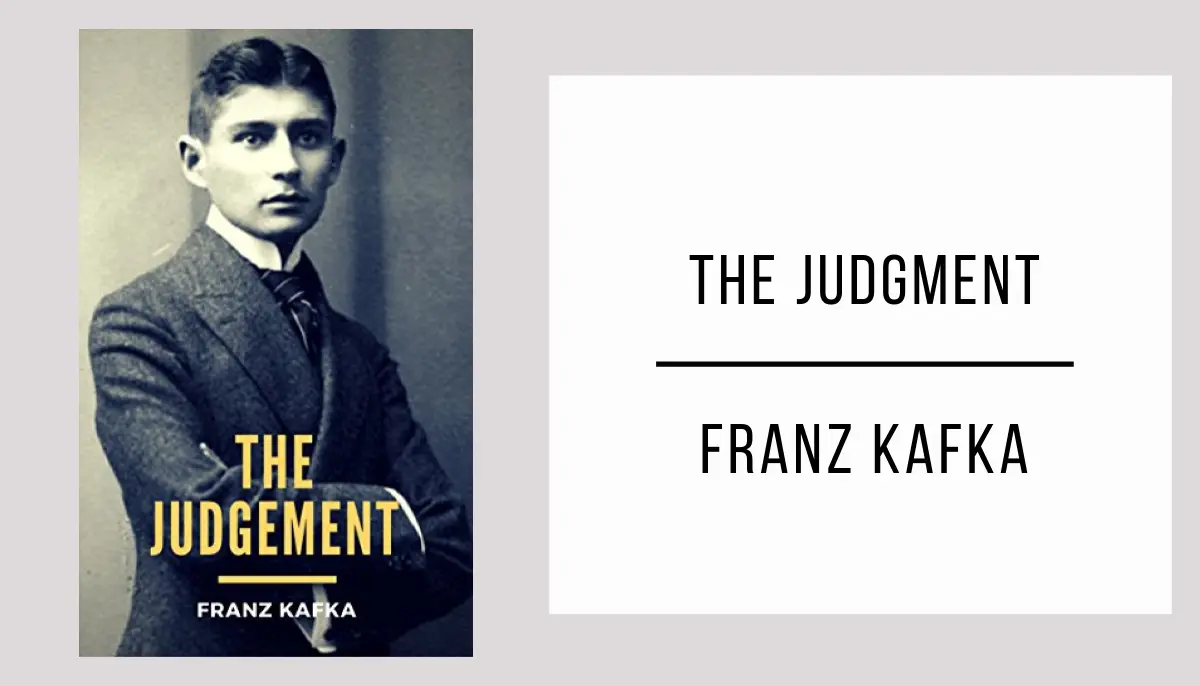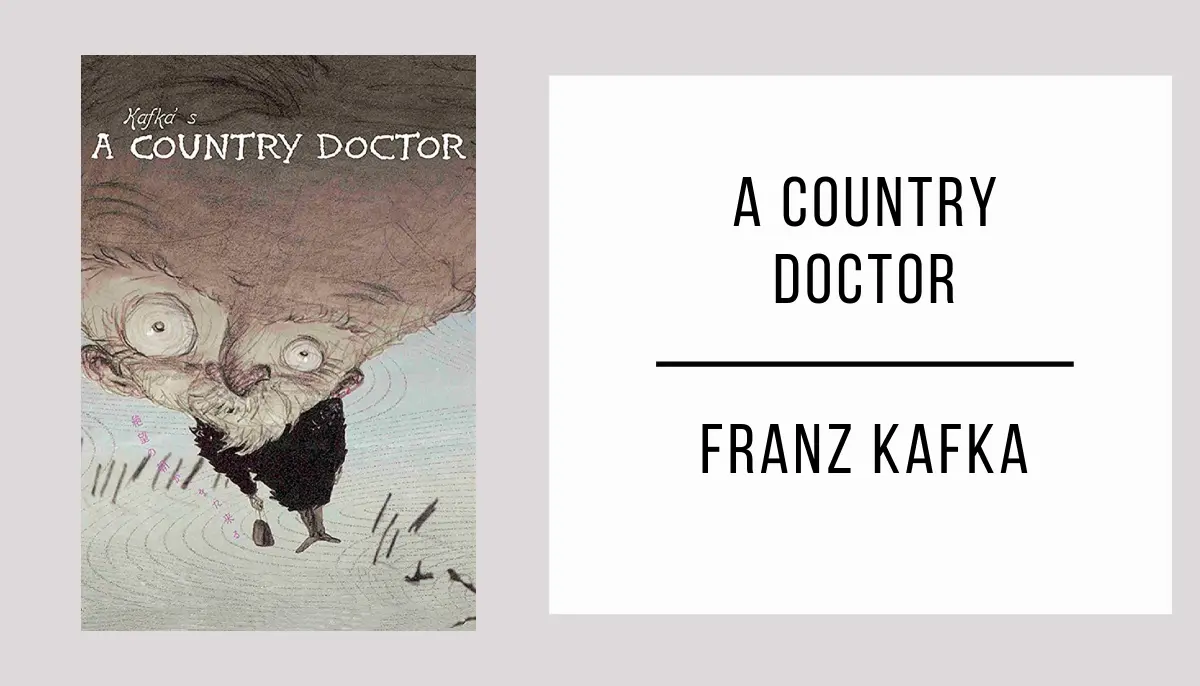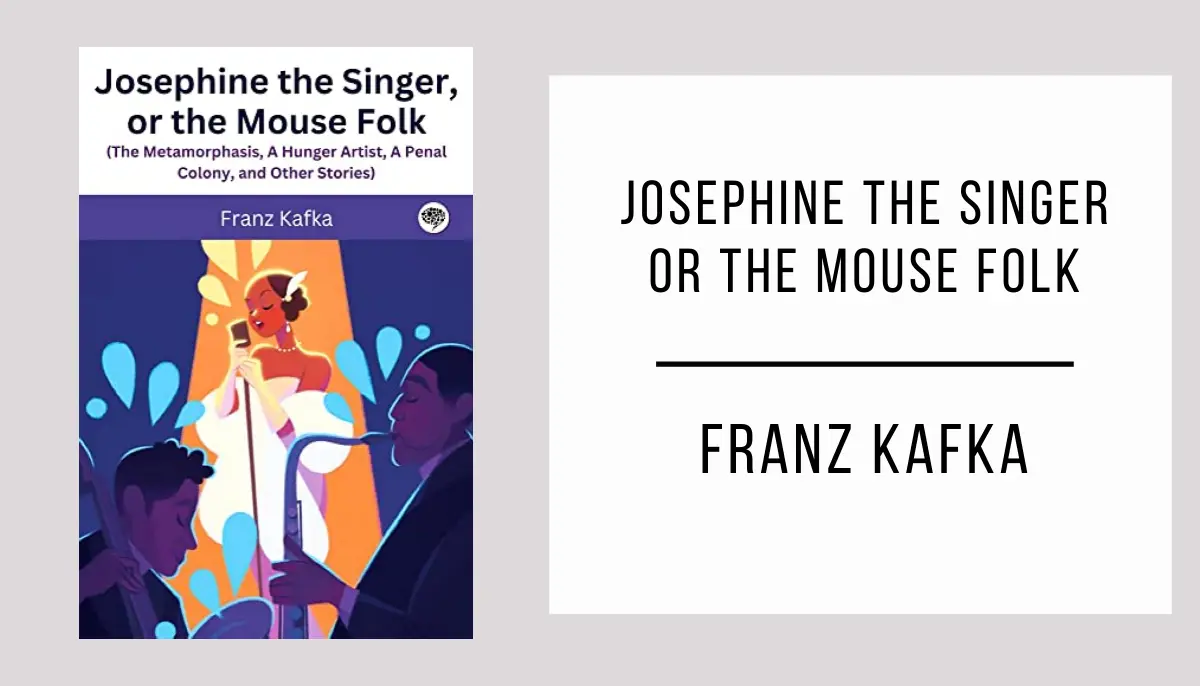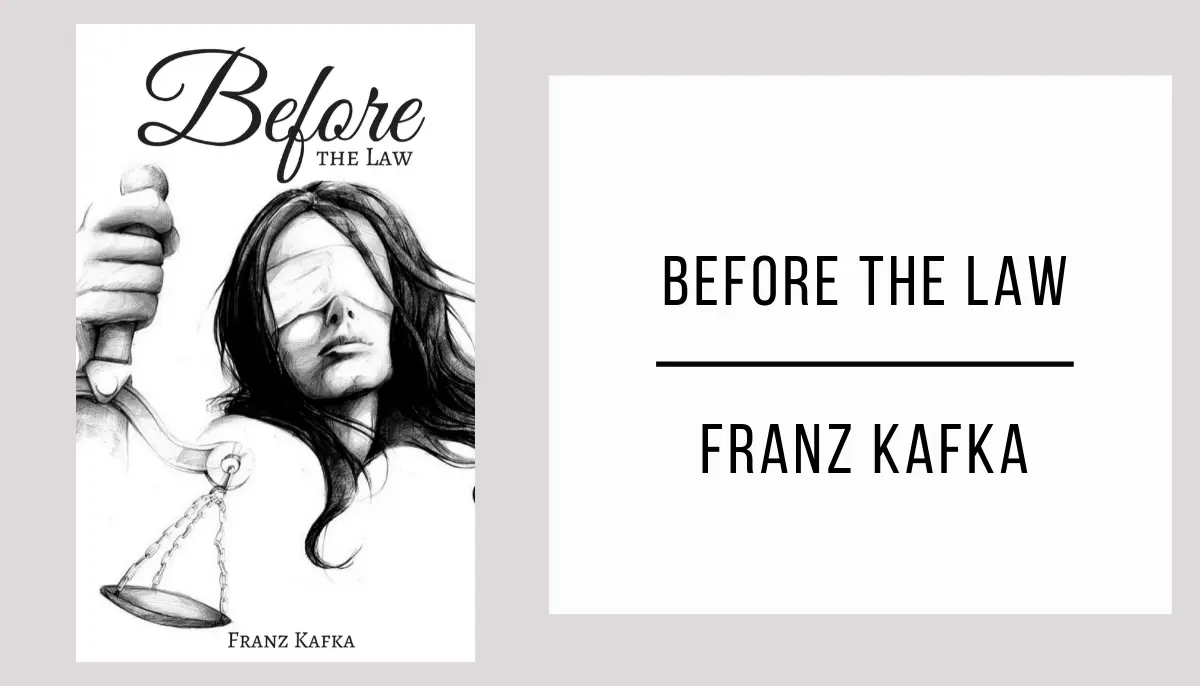“The Trial” is a masterpiece by Franz Kafka that will immerse you in a mysterious and oppressive world. A captivating narrative that will challenge your perception of reality.
Download your free PDF copy of “The Trial” now and delve into the mind of Joseph K., a man trapped in a labyrinth of absurdities and senseless accusations.
Don’t miss the opportunity to experience the genius of Franz Kafka in “The Trial.” A fascinating read that will make you reflect on the nature of power and alienation in modern society.
The Trial in PDF
*Wait a few seconds for the document to load, the time may vary depending on your internet connection. If you prefer, you can download the file by clicking on the link below.
Loading fileInformation The Trial
- Author: Franz Kafka.
- Publication Date: 1925.
- Main Characters:
- Josef K.: A man who is arrested and subjected to a legal process without knowing the reason.
- Fraülein Bürstner: Josef K.’s neighbor, with whom he has an ambiguous relationship.
- The inspector: An official from the court who oversees the process against Josef K.
- The lawyer Huld: The attorney who advises Josef K. during his trial.
- Brief Summary: “The Trial” tells the story of Josef K., who is arrested and subjected to a legal process without knowing the crime he has committed. As the narrative unfolds, Josef K. confronts the bureaucracy and oppression of the legal system, struggling to find answers and understand his situation. As his trial becomes more complex, Josef K. plunges into a dark and absurd world where justice seems unreachable.
- Thematic Analysis: “The Trial” explores themes such as alienation, bureaucracy, power, and oppression. Franz Kafka’s work raises questions about justice and the nature of guilt, challenging the individual’s ability to confront an oppressive and absurd system. The narrative is infused with a sense of existential angst and a feeling of powerlessness in the face of unknown and incomprehensible forces.
- Historical Context: “The Trial” was published posthumously in 1925, years after Franz Kafka’s death. The work reflects the atmosphere of early 20th-century Prague, a city undergoing significant political and social changes. The influence of the Czech author has extended beyond his time and place of origin, making him one of the most important and recognized writers in 20th-century literature. His unique style and universal themes continue to resonate today.


